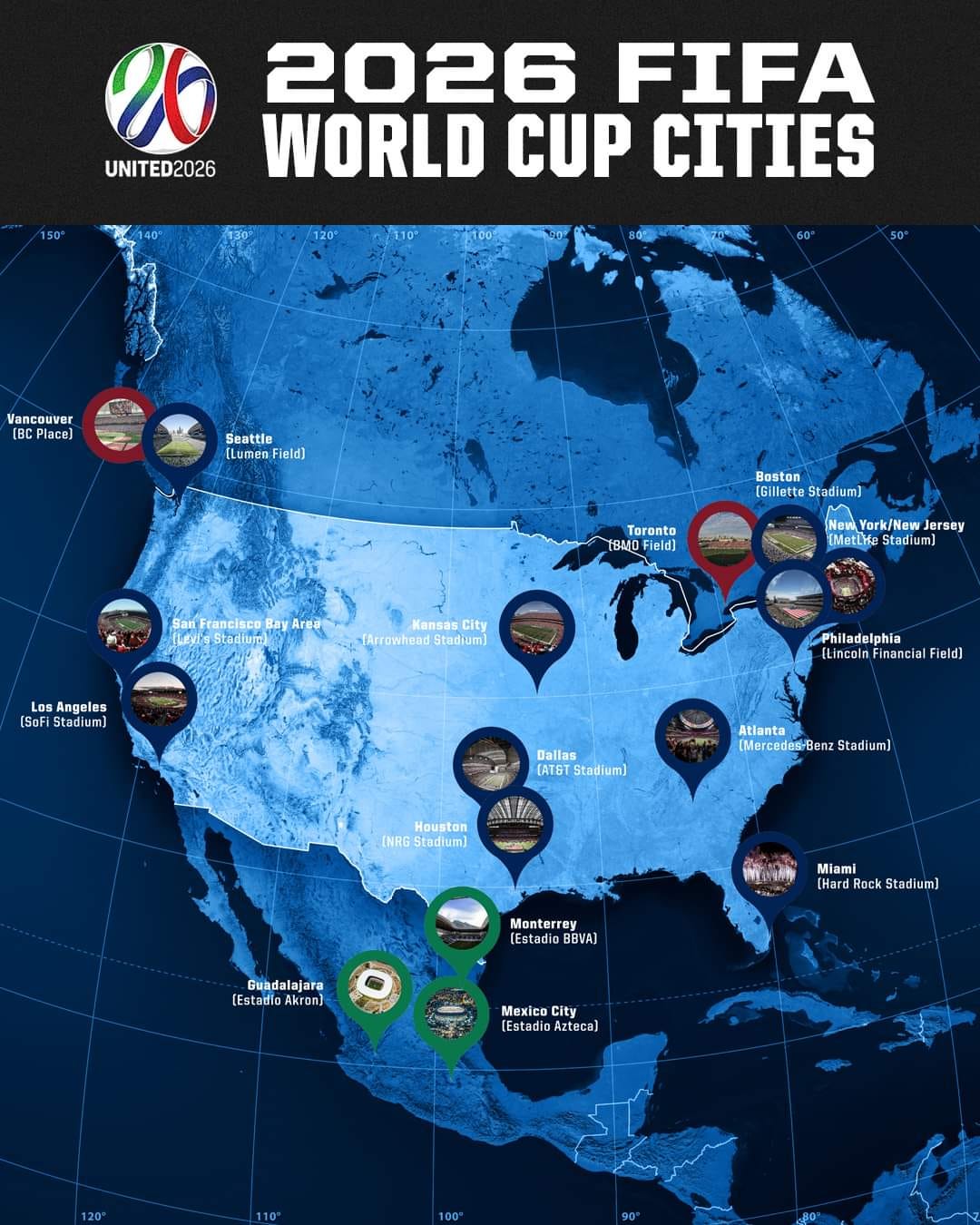On Thursday, FIFA announced the 16 North American cities (two in Canada, three in Mexico, and 13 in the United States) that will host the North American World Cup in 2026. Hilariously, our nation’s capital, Washington, D.C., was not selected as a host site because Dan Snyder’s terrible stadium frequently dumps water on unsuspecting patrons and is generally an awful place to take in a sporting event.

This announcement, combined with the rebuff of D.C., reinvigorated my most radical sporting suggestion. We need a federal Department of Sport to manage national team athletics in this country.
Dozens of countries, ranging in size from Brunei to China, have a Ministry of Sport or Department of Sport equivalent. Many nations combine their federal agency with a Ministry of Youth or Culture, allowing them to also spread their cultural pastimes while ensuring that their children are staying fit.
Every two years, when it comes ti…
Keep reading with a 7-day free trial
Subscribe to I've Ben Thinking to keep reading this post and get 7 days of free access to the full post archives.




